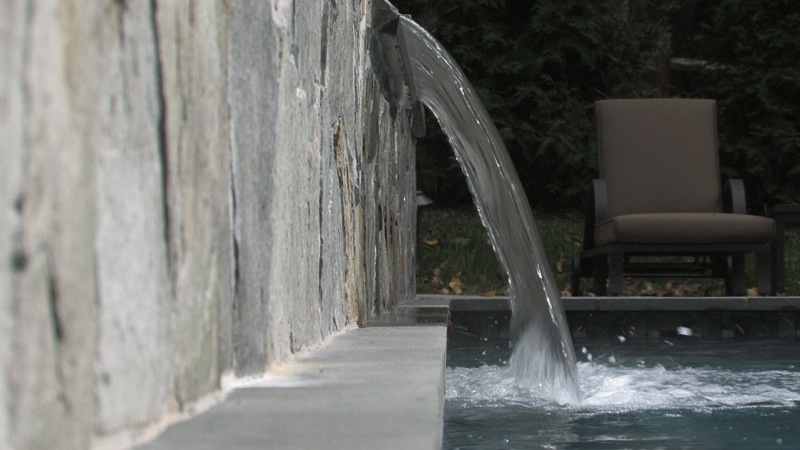Owning a pool is a great way to relax and enjoy your backyard, but many homeowners wonder, does having a pool raise your electric bill? The short answer is yes. Running a pool pump, heater, and other features increases energy consumption, but the exact cost depends on factors like pool size, equipment, and usage. While pool-related electricity costs are unavoidable, there are ways to keep expenses under control.
According to Dominion Energy, “A pool or hot tub can increase your electricity bill based on how often you use it, the size, and pump type. Recommendation: Keep heaters, pumps, and motors well maintained and schedule regular maintenance check-ups.” Regular upkeep and energy-efficient upgrades can make a big difference in keeping costs manageable.
How Pools Impact Your Electric Bill
Several factors influence the cost of running a pool, including:
- Pool size and water volume
- Type of pump and how often it runs
- Whether the pool has a heater and what type it is
- Additional features like spas, waterfalls, and lighting
The biggest energy consumer is the pool pump. Without proper circulation, pool water can become stagnant, leading to algae growth and unbalanced chemicals. A pump is necessary, but its efficiency plays a big role in how much energy it consumes.
Does Running a Pool Pump Raise Your Electric Bill?
A pool pump keeps water clean by circulating it through the filtration system. The cost to run a pump depends on the motor’s horsepower, the pool’s size, and how long the pump runs each day.
On average, a pool pump costs 13 to 40 cents per hour to operate. Running it for the recommended 8 hours per day could add $32 to $100 per month to your electricity bill. Upgrading to an energy-efficient variable-speed pump can significantly reduce energy consumption compared to older single-speed models.
How Much Does It Cost to Heat a Pool?
Heating a pool adds another layer of energy costs, but the total expense depends on the heater type:
- Solar heaters: Higher upfront cost but low ongoing expenses since they use free energy from the sun.
- Electric heat pumps: More affordable than solar heaters but more expensive to operate than gas. They warm water by transferring heat rather than generating it.
- Gas heaters: Lower installation costs but higher operating costs due to fuel consumption. They heat water quickly but are less energy-efficient.
Electric heaters are the most common for residential pools because they work efficiently in various climates. To reduce heating costs, using a high-quality pool cover helps retain heat and reduces the need to run the heater as often.
Does Having a Pool Raise Your Electric Bill More Than Expected?
If your energy bill is higher than expected, it could be due to:
- Old or inefficient equipment: A worn-out pump or heater consumes more energy.
- Running the pump too long: It doesn’t need to run all day to keep water clean.
- Heating the pool excessively: Turning down the temperature saves energy.
- Poor insulation or lack of a pool cover: Heat loss forces the heater to work harder.
How to Lower Pool Electricity Costs
Reducing the cost of running a pool is possible with smart energy-saving strategies. Try these tips to keep expenses down:
- Upgrade to a variable-speed pool pump to reduce energy consumption.
- Use a pool cover to retain heat and reduce evaporation.
- Schedule your pump on a timer to run only during optimal hours.
- Invest in solar heating to cut down on traditional heating costs.
- Keep equipment well-maintained to ensure it runs efficiently.
Schedule Your Pool Maintenance Today
Proper maintenance keeps your pool running efficiently and prevents unexpected spikes in your energy bill. If you’re concerned about rising costs, Great Falls Pools can help optimize your system for better performance. Call today to schedule a maintenance check and keep your pool energy-efficient year-round!



